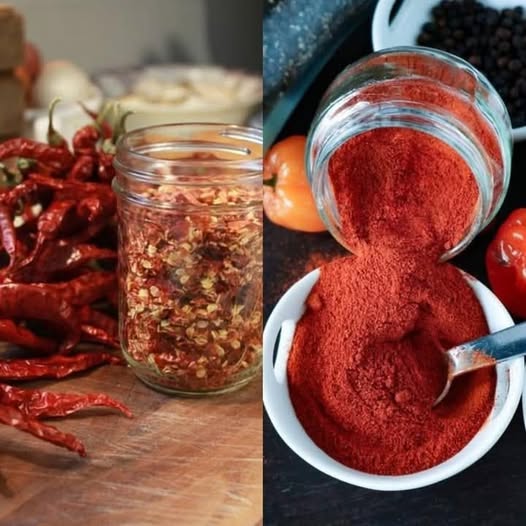ADVERTISEMENT
Cayenne pepper has been traditionally used to enhance blood circulation. The capsaicin in cayenne pepper has been shown to stimulate blood flow by increasing the temperature of the body and promoting vasodilation—the widening of blood vessels. This helps to improve circulation and may prevent the sluggish blood flow that can lead to clot formation.
2. Blood Thinning Properties
While cayenne pepper is not a substitute for prescribed blood thinners, some studies suggest that it may have mild anticoagulant properties. Capsaicin can prevent platelets (the cells involved in clotting) from aggregating, which helps reduce the likelihood of abnormal clot formation. This action could contribute to a reduced risk of heart attacks or strokes caused by clots.
3. Rich in Antioxidants
Cayenne pepper is packed with antioxidants, which help to reduce inflammation in the body. Chronic inflammation is a significant factor in the development of blood clots, especially in the arteries. By reducing inflammation, cayenne may assist in preventing clot formation and promoting overall vascular health.
4. Cholesterol Regulation
High cholesterol levels can lead to the buildup of plaque in the arteries, narrowing them and increasing the risk of blood clots. Cayenne pepper has been shown to have potential cholesterol-lowering effects, which could help reduce the risk of clotting. By maintaining healthy cholesterol levels, cayenne may support cardiovascular health and prevent the development of clots.
5. Enhancement of Fibrinolysis
Fibrinolysis is the process by which the body naturally breaks down blood clots. Some research suggests that cayenne pepper may enhance fibrinolysis, thereby promoting the body's ability to dissolve clots and reduce the chances of harmful clots forming in the first place.
How to Use Cayenne Pepper for Blood Clot Prevention
ADVERTISEMENT
